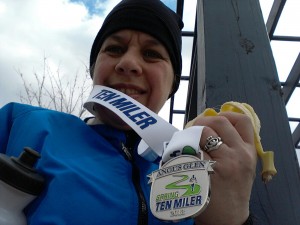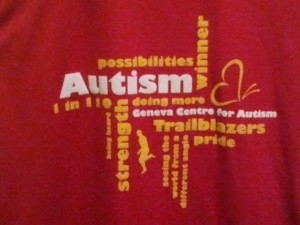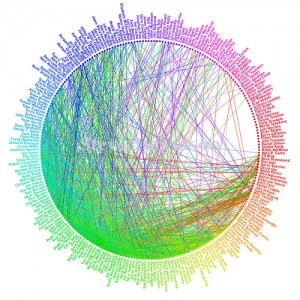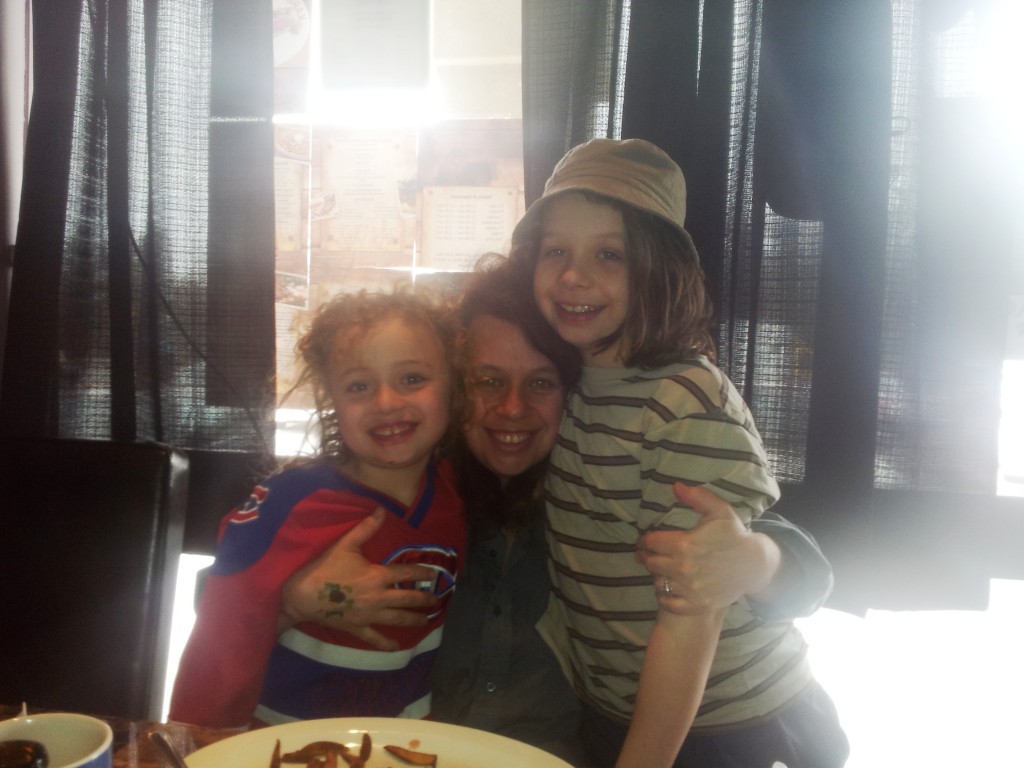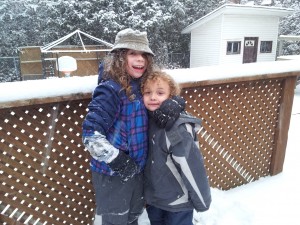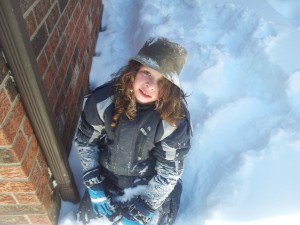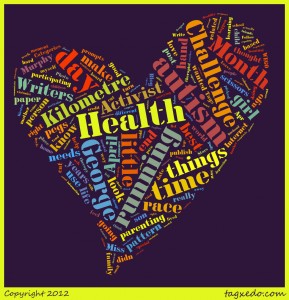I had a tough choice for today’s blog post. On the one hand, today’s prompt for the Health Activist Writers Month Challenge calls for poetry. On the other hand, I have not yet written a race report for last weekend’s race.
My attempts at writing poetry are painful. So was last weekend’s race.
See? Tough choice.
In the end, I decided that in writing poetry, I’d be inflicting pain on those who I expect to read it. Whereas, if I write the race report, others can simply laugh at my pain without actually experiencing it.
There were a lot of challenges going into last weekend’s race, not the least of which was the fact that I was undertrained. There were other factors counting against me as well, like the weather, the fact that this race was on a golf course riddled with hills, and the fact that I was expecting myself to run 16km on my least favourite day of the month. I’ll spare you the details, but on certain days, some women experience what I will euphemistically call “discomfort” while running.
I was determined to do it, though. For one thing, I already had to blow off a race not long ago because of an injury. And for another thing, the Angus Glen Ten-Miler is one of the more expensive races. If I was going to pay a lofty registration fee, I might as well have the pain to show for it at the end.
And so I stood at the start line with absolutely no goal other than to finish. I placed myself in the last corral, because let’s face it, I wasn’t going to be a speed demon. As I waited for race to start, I did what I often do at start lines: I looked around trying to spot people who looked like they might be in worse shape than me. Not very sportsmanlike, I know, but some days, we all take what we can get to make ourselves feel less bad.
The race started, and the first couple of kilometres came and went without incident. I set out at a reasonable pace and loosened up nicely. Fortunately, the rain abated, and I was able to enjoy about ten minutes of quite nice running conditions before the wind showed up and kept me company for the rest of the run.
Along with the wind came the hills. I had known that there would be hills on this course, and I had done what I thought was adequate hill training, but nothing could have prepared me for that elevation profile. The uphills and downhills alike were brutal, and by the time I reached the halfway point, my quads were absolutely shredded.
Just as I started to question whether I would be able to finish this race, I encountered a line of Porta-potties. I never ever make pitstops during races. They are races, after all, and the whole point of racing is to get the finish line as fast as possible. This time, though, I knew that I was not going to come close to a personal best. There seemed little point in adding the discomfort of a full bladder to my already long list of woes. So I went in, did what I had to, and resumed the run feeling just as sore, but at least a little more comfortable.
The second half of the race was just plain ugly, but strangely enough I felt that I was accomplishing something really fantastic. This feeling came from the fact that I was going purely on mental strength. This was unquestionably a case of mind over matter, and come hell or high water, my mind was going to win.
After what felt like an eternity, I found myself with 500m to go. I had long since resigned myself to the fact that the finishing kick I pride myself on would not happen, but I had been wrong! As my body started to pick up on the finish line excitement ahead of me, I felt that familiar surge of energy that always happens at the end of a race. Lord alone knows where that energy came from, but it coursed through my legs, and I sprinted across the finish line.
Technically, this was my worst-ever ten-miler. But I still feel that this was one of my greatest races. If I can run ten miles without adequate training on an exceptionally hilly course with high winds, while not feeling well, then I can do anything. I have this strange sense that this race has set me up for a phenomenal season, more so than a personal best time would have. Because this race was a true test of mental endurance, and in crossing the finish line, I passed the test.
At the end of the day, the race was well worth the high registration fee. The swag was really good. The race kit included some very nice things, and instead of getting yet another ill-fitting technical T-shirt, I got a very nice fleece-lined running jacket. I also like the finisher’s medal a lot (and this one will count as one of my favourites because of how hard I worked for it), and a full sit-down lunch was provided at the end.
I might run this race again. In fact, I’m pretty sure I will. I have a new nemesis, and I am determined to conquer it.
(Photo credit: Kirsten Doyle)





